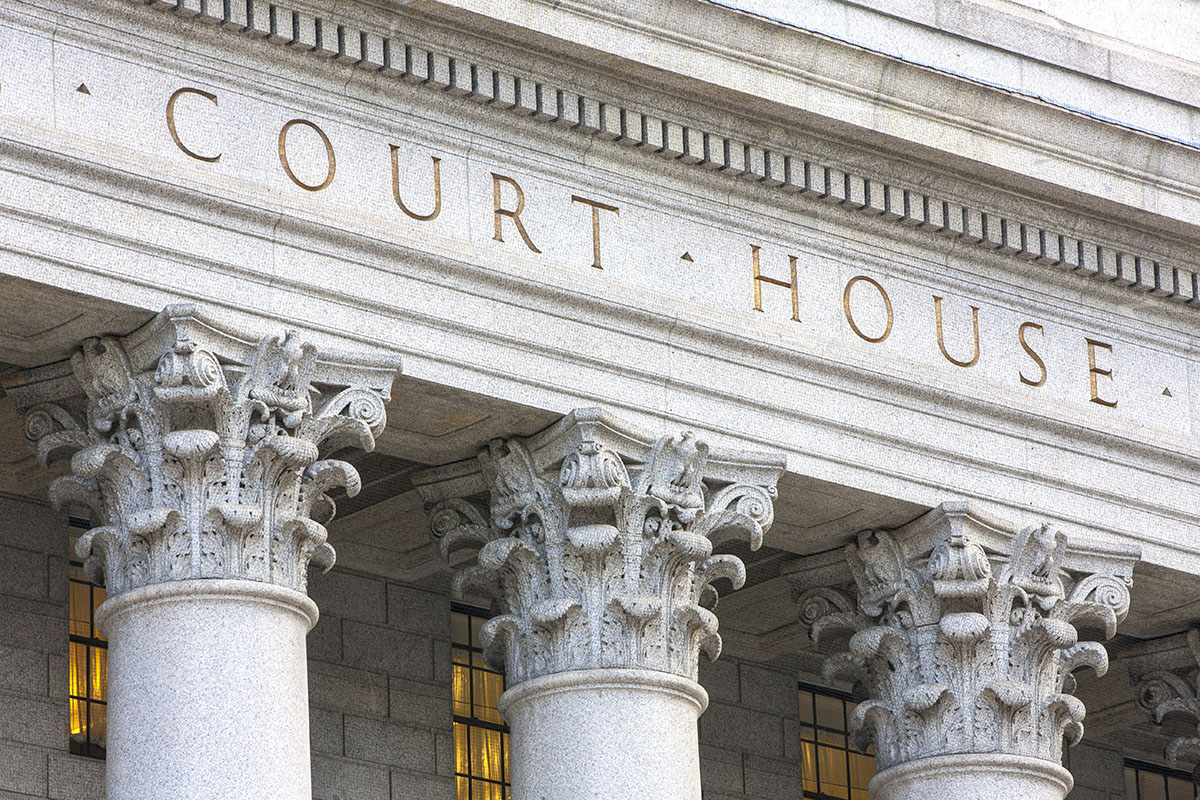Texas’ New Business Court

Beginning September 1, 2024, new Texas courts will hear qualified, complex commercial disputes. The passing of House Bill 19 in early June 2023 created eleven trial “Business Courts” with judges that will be appointed by the Governor with the consent of the Senate. Each Business Court will serve a specific judicial region. Additionally, House Bill 19 established the brand-new Fifteenth Court of Appeals, which will handle appeals from the trial Business Courts.
To be appointed to the Business Courts, judges must have ten or more years of experience practicing complex civil business litigation or business transaction law, or otherwise have experience presiding as a judge over such matters. Business Court judge appointments begin as a two-year initial term and may be reappointed by the Governor. The first five divisions (of eleven) of the Business Courts cover the metropolitan areas of Dallas, Fort Worth, Houston, Austin and San Antonio. Two judges are to be appointed to each of those five divisions, with one judge appointed to the other six.
Parties can file actions directly in either the district court or the Business Court. If an action filed in the district court is within the Business Court’s jurisdiction, a party may remove the action to the Business Court. If an action is filed in Business Court without the proper jurisdiction, the court may transfer or remand the case to the proper district or county court.
The Business Courts have civil jurisdiction concurrent with district courts in actions in which the amount in controversy exceeds $5 million, excluding interest, statutory damages, exemplary damages, penalties, attorney ’s fees, and court costs and involve the following non-exhaustive list of disputes: Derivative proceedings, breach of fiduciary duty claims, matters of corporate governance, claims for piercing the corporate veil, and securities claims. If a publicly traded company is a party to the case, the Business Courts will be permitted to decide derivative proceedings, breach of fiduciary duty claims, matters of corporate governance, and securities claims regardless of the amount in controversy.
Significantly for commercial design and construction disputes, the Business Courts will have jurisdiction to decide disputes in which the amount in controversy exceeds $10 million and the amount paid or received, or obligated to be paid or received, in the transaction was, in aggregate, at least $10 million. Mechanic’s liens under Chapter 53 of the Texas Property Code are specifically excluded from the Business Courts’ jurisdiction.
A number of other states, like Delaware, have similar specialized courts. Texas hopes the creation of the Business Courts will drive business within the state and show a prioritization of commercial needs within the Texas business community rather than having Texas companies rely on other jurisdictions with well-regarded “chancery” courts. Texas Business Courts will endeavor to build a similar reputation as a cost effective and efficient place to handle large, complex matters.
Legal Disclaimers
This blog is made available by Gerstle Snelson, LLP for educational purposes and to provide general information about the law, only. Neither this document nor the information contained in it is intended to constitute legal advice on any specific matter or of a general nature. Use of the blog does not create an attorney-client relationship with Gerstle Snelson, LLP where one does not already exist with the firm. This blog should not be used a substitute for competent legal advice from a licensed attorney.
©Gerstle Snelson, LLP 2023. All rights reserved. Any unauthorized reprint or use of this material is prohibited. No part of this blog may be reproduced or transmitted in any form or by any means, electronic or mechanical, including photocopying, recording, or by any information storage or retrieval system without the express written permission of Gerstle Snelson, LLP.

